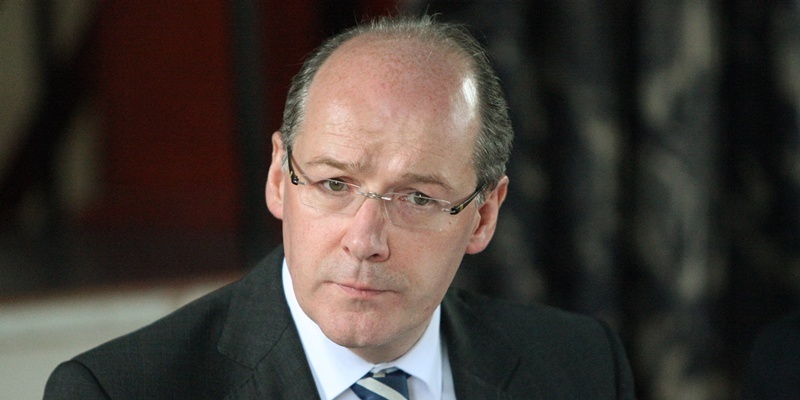Scotland faces a ‘double whammy’ of spending cuts next year following the Scottish Government’s decision not to implement spending cuts expected in this financial year.
The new UK Government is to bring in £6 billion of cuts this year to make a start on tackling Britain’s record deficit.
Chancellor George Osborne will detail the Conservative and Lib Dem plan for cuts next week.
But Scottish finance secretary John Swinney has said he does not intend to implement Scotland’s share of cuts this year.
He has also ruled out compulsory redundancies in devolved government departments and agencies and pledged to match Westminster’s plans to boost NHS spending.
The Scottish Government has already set its budget for the coming year and Prime Minister David Cameron has said that Scotland can postpone public spending cuts.
Mr Swinney said that cuts this year would damage economic recovery north of the border, although he also accepted that freezing cuts this year would mean a ‘double whammy’ next year.
Mr Swinney said, “We will have to see what decisions are made at UK level to decide on the areas from which those sums of money are taken.
“I think it is highly unlikely that we’ll opt to take the impact in 2010/11 because what that would do would be to undermine economic recovery and the Scottish Government has made it absolutely clear that we will take no decisions that will undermine economic recovery.
“So the likelihood must be that we will defer the impact of those issues until 2011/12 but clearly that will make for a very serious situation in 2011/12.”Concern over impactSTUC assistant secretary Helen Martin said the union was extremely concerned about the implication of these cuts for Scotland.
She said, “While we do think John Swinney is trying his best, we are concerned about saving them up for next year.
“We are concerned about the Scottish Government’s entire approach to the public sector.”
She added, “There are documents that say the private sector creates wealth while the public sector just provides services.
“It should be seen as a valuable part of the economy that creates wealth, protects vulnerable people and provides employment.”
Ms Martin said the concordat between the government and councils means it will be difficult for Holyrood to dictate which services should or should not be cut.
However, she added, “We do think these cuts are avoidable. I think there is reluctance from both the Scottish Government and Westminster Governments to look at the tax and spend gain.
“There are things the Scottish Government are doing that could be changed. For example, the Small Business Bonus is very costly and doesn’t necessarily provide a lot of benefits for businesses in Scotland.”
She added, “We also think the council tax freeze is very political and it is isn’t the best way to collect tax revenue.”
